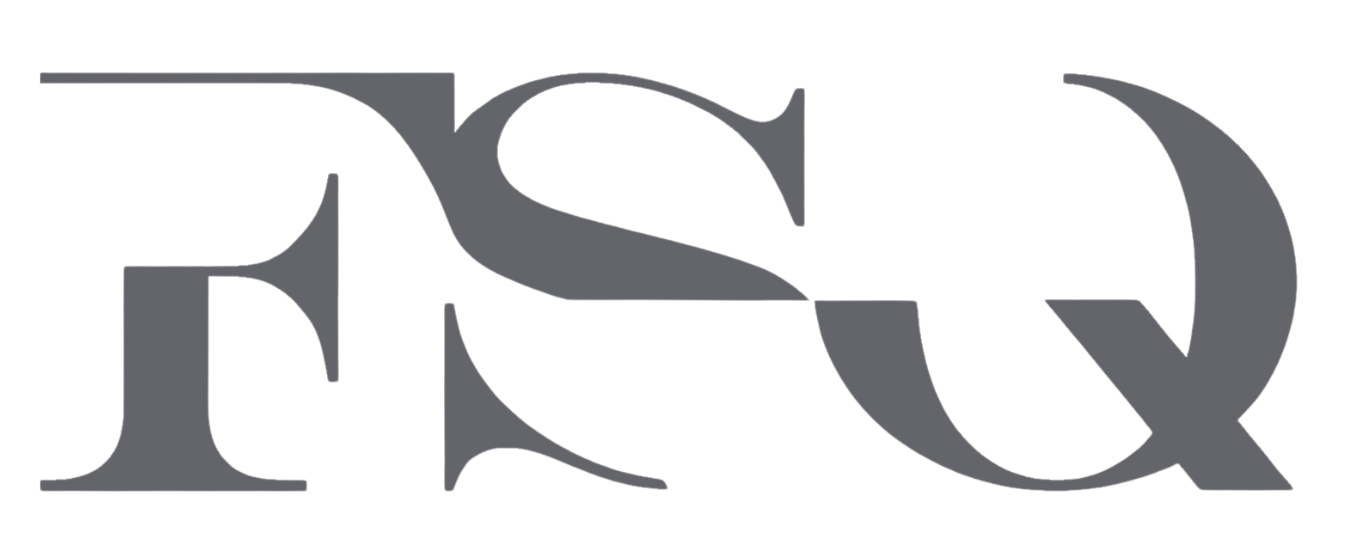The new year is officially here, a time for fresh starts and renewed ambition. It’s also the perfect opportunity to not only set new goals but to reflect on the past year and assess the progress we made (or didn’t make) on our previous objectives. This reflection is crucial for understanding what worked, what didn’t, and how we can refine our approach moving forward.
The Importance of Reflection
Before diving headfirst into new goals, take a moment to look back. Ask yourself:
- What goals did I set last year?
- Did I achieve them? Why or why not?
- What obstacles did I encounter?
- What strategies were most effective?
- What did I learn from the experience?
This process of self-assessment provides valuable insights that can inform your new goals and increase your chances of success. For example, if you consistently struggled with time management last year, you might focus on developing better organizational skills this year.
Why Bother Setting Goals?
Once you’ve reflected, it’s time to set your sights on the future. Goals act as your personal roadmap to success, providing:
- Direction: Goals give you a clear sense of where you’re headed, preventing you from wandering aimlessly.
- Motivation: Working towards a goal fuels your drive and keeps you going, even when things get tough.
- Focus: Goals help you prioritize your time and energy, ensuring you’re not wasting effort on things that don’t matter.
- Measurement: With defined goals, you can track your progress and celebrate your wins, which further boosts motivation.
In short, setting goals transforms dreams into actionable steps, making success not just possible, but probable.
Enter the SMART Framework
Now, not all goals are created equal. Simply saying “I want to get in shape” is a start, but it’s too vague to be truly effective. That’s where the SMART framework comes in. It’s a powerful tool that helps you define your goals with precision, making them much more likely to be achieved. SMART stands for:
- Specific: A specific goal is clear and well-defined. Instead of “get in shape,” try “run a 5k race.”
- Measurable: A measurable goal allows you to track your progress. “Run a 5k race in under 30 minutes” is measurable because you can time your runs.
- Achievable: An achievable goal is realistic and attainable. If you’ve never run before, aiming for a marathon in a month might not be achievable. Start with a 5k and work your way up.
- Relevant: A relevant goal aligns with your overall values and aspirations. Make sure it’s something you truly want to achieve, not something you feel you should do.
- Time-bound: A time-bound goal has a deadline. “Run a 5k race in under 30 minutes by June” adds a sense of urgency and keeps you on track.
Putting it into Practice for the New Year
Let’s say you want to improve your financial situation in the new year. Here’s how you can use the SMART framework:
- Instead of: “Save more money”
- Try: “Save $5,000 for a down payment on a car by December 31st by putting $417 into a dedicated savings account each month.”
See the difference? The second goal is specific, measurable, achievable (depending on your income and expenses), relevant (if you need a car), and time-bound.
Get Started Today!
The new year is here, and it’s time to make it count! By reflecting on the past and setting SMART goals for the future, you’re not just making resolutions; you’re creating a plan for success. So, grab a pen and paper (or your favorite note-taking app), review last year’s goals, and start defining your new goals today. You’ll be amazed at what you can achieve with a little planning, reflection, and a lot of determination.
Here are some extra tips to help you on your goal-setting journey:
- Write your goals down: This makes them more real and helps you stay accountable.
- Break down large goals into smaller steps: This makes them less daunting and easier to manage.
- Share your goals with someone: This can provide extra motivation and support.
- Review your goals regularly: This helps you stay on track and make adjustments as needed.
Here’s to a successful and fulfilling new year!

